Category: Politics
-
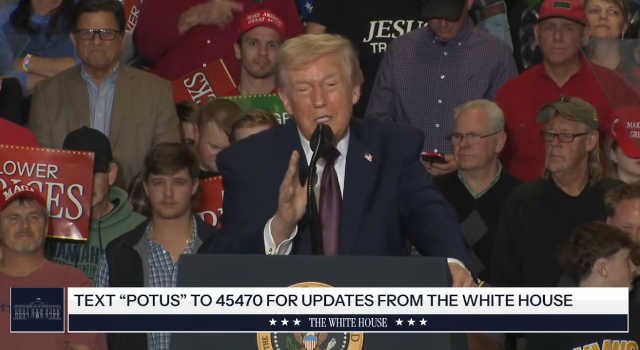
Trump Returns to North Carolina, Announces Historic Drug Price Cuts and Touts Economic Achievements at Rocky Mount Rally
President Trump returned to Rocky Mount, North Carolina on December 19, 2025, announcing dramatic prescription drug price reductions through “Most Favored Nation” negotiations with pharmaceutical companies. He endorsed Michael Whatley for Senate and outlined his first-year economic record.
-
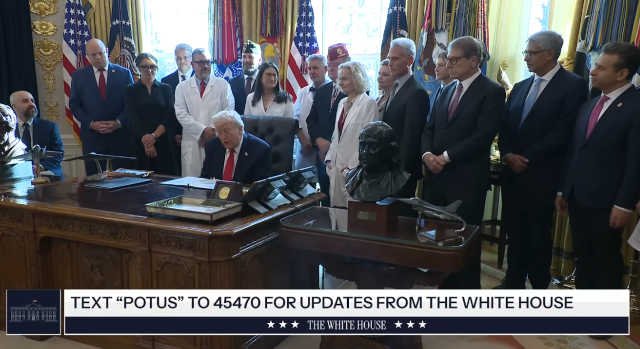
Trump Signs Executive Order Rescheduling Marijuana, Expands Medicare Coverage for Cannabis Products
President Trump signed an executive order rescheduling marijuana from Schedule 1 to Schedule 3, recognizing medical uses while emphasizing this is not recreational legalization. Medicare will cover CBD products for seniors starting April 2026.
-
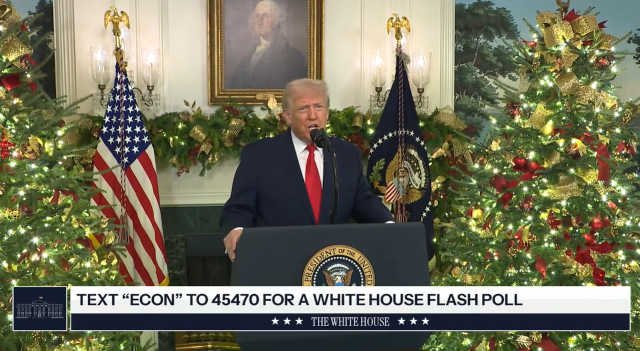
Trump’s Prime-Time Address: Economic Progress Claims and Policy Announcements
Assistance from Claude AI. Summary President Donald Trump delivered a sweeping prime-time address on December 17, 2025, claiming unprecedented economic and policy achievements in his first 11 months back in office. The president announced a surprise “Warrior Dividend” of $1,776 for 1.45 million military service members before Christmas, unveiled dramatic prescription drug price reductions through…
-
Understanding H.R. 6703: The Lower Health Care Premiums for All Americans Act
H.R. 6703 represents House Republicans’ alternative approach to addressing rising health insurance costs without extending the enhanced Affordable Care Act (ACA) tax credits that are set to expire on December 31, 2025. Rather than continuing subsidies that help millions of Americans afford marketplace insurance premiums, this bill focuses on what sponsors call the “root causes”…
-
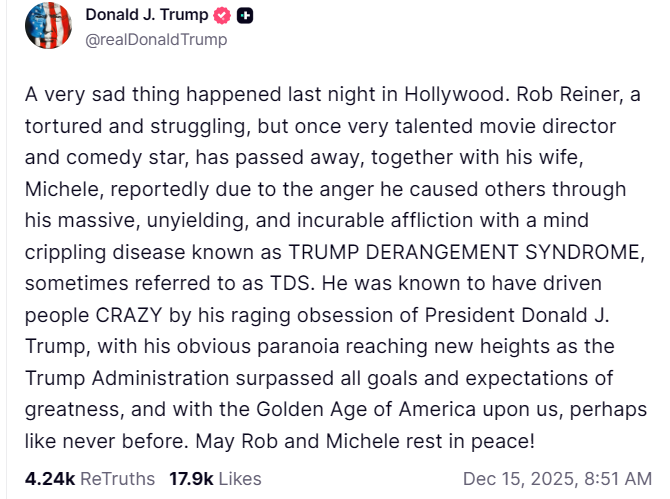
Evaluation: Trump Responds to Death of Rob Reiner
Trump’s response demonstrates a communication style marked by extreme personalization, hostility, and delegitimization of critics through psychiatric labeling. He frames political opposition as evidence of mental defect, enabling moral disengagement and reducing empathy toward individuals associated with dissent—even in contexts involving death or violence. Recurrent themes include grievance, self-vindication, and a rigid narrative of persecution…
-
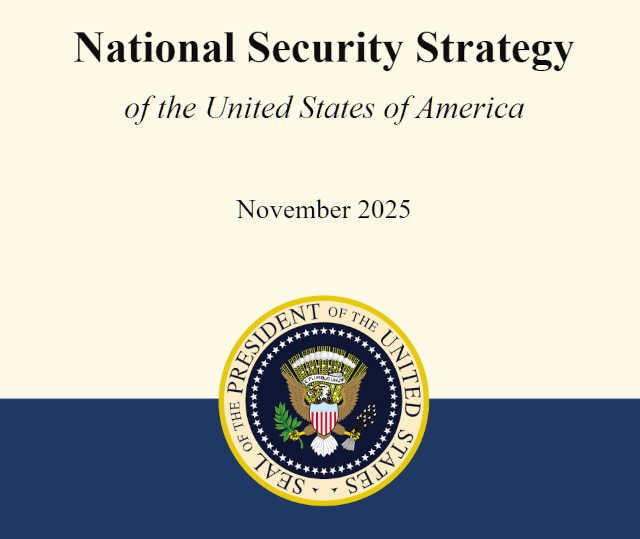
Trump’s 2025 National Security Strategy: A cross-source fact-checking analysis
The Trump administration’s 2025 National Security Strategy represents the most dramatic departure from post-Cold War American foreign policy consensus in modern history—a finding upon which ten distinct sources across the political spectrum largely agree. Released December 4, 2025, the 29-page document abandons the “great power competition” framework that Trump’s own 2017 NSS established with bipartisan…
-
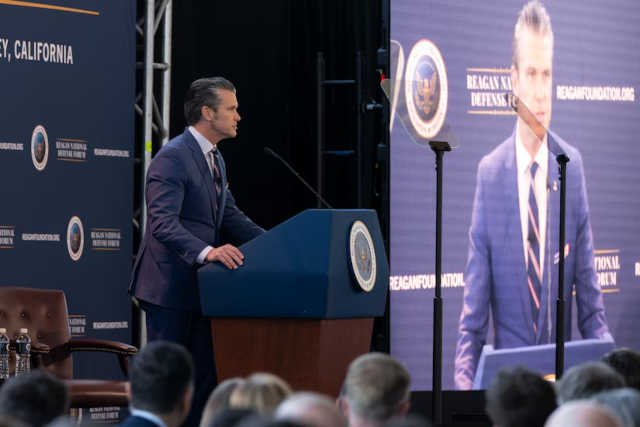
Secretary of War Hegseth Unveils Trump Administration’s “Peace Through Strength” Doctrine at Reagan Forum
Secretary of War Pete Hegseth announced major policy shifts at the Reagan Defense Forum: Operation Midnight Hammer destroyed Iran’s nuclear program, NATO allies committed to unprecedented 5% GDP defense spending, and the administration is building “Golden Dome” missile defense with protection expected this term. Hegseth positioned Trump as Reagan’s true heir while sharply criticizing decades…
-
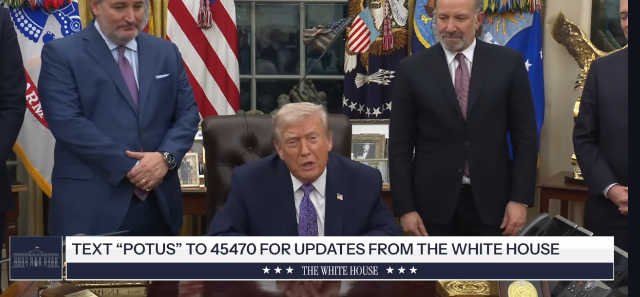
Fact-Check: Major Claims from Trump AI Executive Order Signing
Examining the significant factual claims made during this December 11, 2025 event, explaining what’s accurate, what’s exaggerated, and what context is missing. This analysis focuses on verifiable statements rather than subjective political opinions. Assistance from Claude AI. For a summary of the meeting, see Trump Signs Executive Order Centralizing AI Regulation Under Federal Control. Summary:…
-

Trump Signs Executive Order Centralizing AI Regulation Under Federal Control
President Trump signed an executive order on December 11, 2025, establishing federal supremacy over artificial intelligence regulation and blocking states from implementing their own AI laws. AI Czar David Sacks revealed over 1,000 state AI bills currently moving through legislatures, with more than 100 already passed, creating what the administration calls a confusing regulatory patchwork…
-
Analysis of Richman v. United States: Federal Court Orders Return of Unlawfully Retained Digital Files
In a landmark digital privacy ruling, U.S. District Judge Colleen Kollar-Kotelly ordered the FBI to return electronic files seized from Columbia law professor Daniel Richman, finding the government’s warrantless 2025 search violated the Fourth Amendment. The December 12, 2025 decision addresses critical questions about how long federal law enforcement can retain copies of digital devices…
-
Trump’s Wide-Ranging POLITICO Interview: Ukraine Peace Deal Stalled, Europe “Decaying,” and Domestic Policy Battles
President Trump’s December 8 POLITICO interview revealed stalled Ukraine peace negotiations with Zelenskyy not yet reading the latest proposal, unveiled a controversial strategy to reshape European politics amid immigration concerns, issued stark warnings about Venezuela’s Maduro, and outlined plans that could see Obamacare subsidies expire within two weeks despite affordability concerns from supporters.
-

Trump Unveils “Gold Card” Immigration Program at Tech CEO Roundtable
President Trump announced the Trump Gold Card immigration program on December 10, 2025, allowing corporations to pay two million dollars to secure permanent pathways for highly skilled foreign workers. At a White House tech CEO roundtable, Michael Dell pledged six point two five billion dollars while IBM, Qualcomm, HP, and HPE committed hundreds of billions…